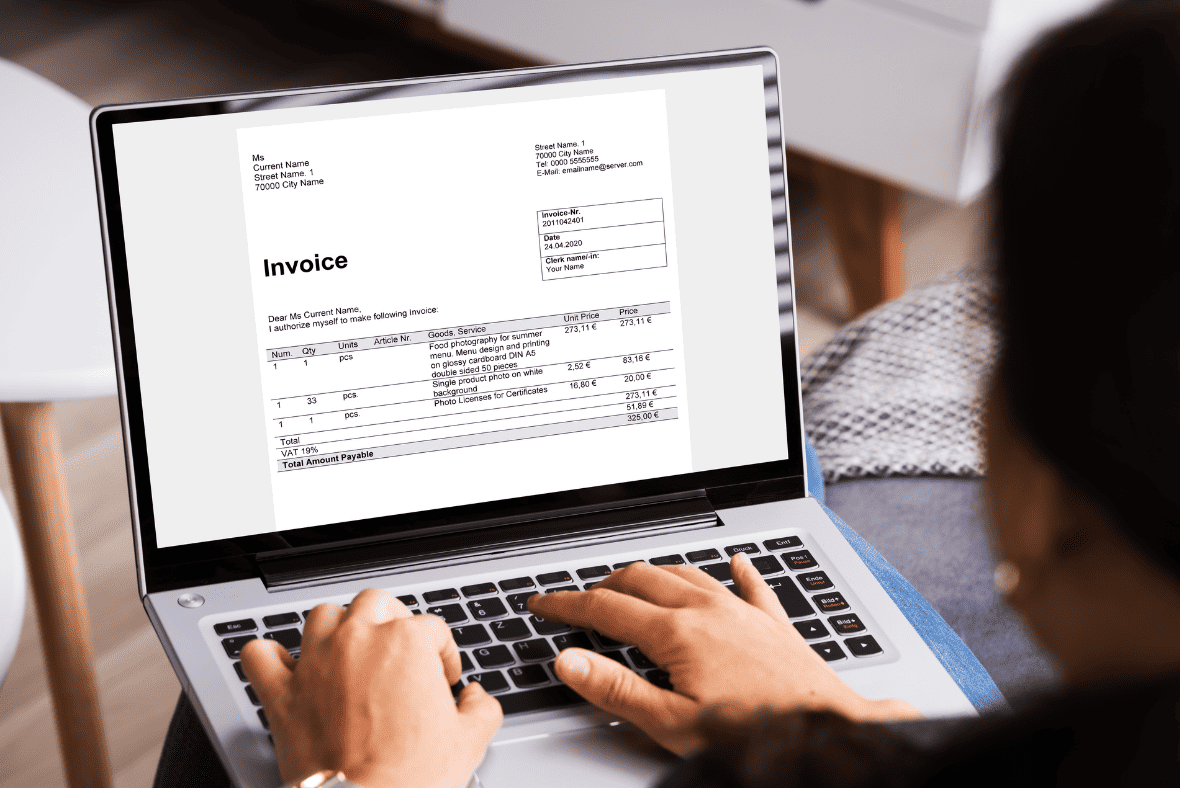Reminder letters that go unanswered. Phone calls that end with promises of payment which never materialise. Sound familiar? Dealing with unpaid invoices is an unwelcome but inevitable part of life for many SMEs – previous research from Pay.Uk indicates that a third of SMEs experience cashflow difficulties as a result of late payments.
If you’ve exhausted all resources and options with confronting the issue, it may become necessary to consider legal action. There’s a fine balance to be struck between maintaining relations with your client, so we understand that this is often a last resort for SMEs. However, it’s worth bearing in mind that around £40 billion is written off each year in disputes according to Legal Services Board statistics, as SMEs don’t believe there’s a cost-effective solution for resolving them. Collectively, unpaid invoices are a huge problem that causes much misery for business owners, not to mention cashflow issues.
If you’re not quite at that stage yet, or are only at the beginning stage of chasing an invoice, we’d recommend reading Chris Clay’s advice on dealing with late payments and how to put your credit control processes into action. We consider anything between 30-90 days to be a late payment; beyond that, it’s considered a bad debt.
Unpaid invoices – what are your options?
We held a webinar with our partners at Capitalise recently about how SMEs could recover their outstanding payments, during which our Co-founder Nick Harvey outlined the three options facing leadership teams. We’ve outlined the options below in this article.
Debt Collection Agencies:
Debt collection agencies (DCAs) operate on a contingency model, which means they charge a percentage (typically between 15% to 25%) of the amount they successfully recover. They absolutely have their place in the unpaid invoices, late payment and bad debt arena, but most are best placed to go after straight-forward, quick recoveries only.
Since their returns are based on what they recover, they’re more aggressive in pursuing a debt, but anything that’s disputed will take you into the realm of a lawyer. DCAs have no authority to issue court proceedings, so they have limited effectiveness for disputed claims.
Pay-by-the-hour-legal model:
The traditional legal representation route will give you access to legal expertise to handle more complex cases, and there is real strength in a lawyer’s letter. The drawback is that they typically work on an hourly rate, and costs will quickly accrue. If a case makes it to court, there will be court and barrister fees to consider too.
Lawyers always win whether the client makes a recovery or not, and the longer a case takes, the more you’ll pay. There’s also little incentive for them to resolve cases quickly.
The third approach – Escalate’s packaged solution for all types of commercial disputes
Escalate combines the best elements of debt collection agencies and lawyers, offering a one-stop solution for SMEs. We fund your case, provide insurance against the risk of losing, and cover all the costs associated with pursuing a claim. There are no hourly rates, as our solution is fully contingent on recoveries being made.
Our unique solution recognises the challenges faced by SMEs and is designed to bridge the gap between DCAs and lawyers. It’s also the first of its kind for disputes under £1 million. We agree a fixed fee of 30% of any damages that are recovered, which is agreed at the start and means you’ll always be the main beneficiary of any sum awarded.
We know from experience that many SMEs with good claims have little appetite for risk or pursuing a case, as only 11% will try to recover their losses. That’s a damning indictment of a lack of trust in our industry, which we’re on a mission to change.
In summary
On the surface, hiring a £200 – 500 per hour lawyer might seem like the cheaper option overall, but it often ends up as the most expensive route. It only takes a handful of unpaid invoices to quickly turn into a long, laborious legal dispute.
Litigation tends to rumble on for months, and with so much uncertainty and risk at stake, the fixed fee Escalate solution reduces financial uncertainty and provides a more cost-effective approach. It’s particularly attractive if you don’t have the financial resources, time or risk appetite to pursue a case to its conclusion yourself.
In addition, we offer a free assessment of all claims, which is valuable in its own right. This ensures that your case receives the attention it deserves, and you receive a clear evaluation of its potential or its limitations. Having a trained lawyer identify cases that aren’t suitable reduces the risk of further investment of time and effort into a case that has little chance of winning in court.
If you have a dispute that you’d like our help with, please get in touch with our team today.
< News & Views
CONTACT US
Contact Us to find out more about how Escalate can help your business.
Exchange Station, Tithebarn Street, Liverpool,
L2 2QP (Registered office)
London office: 5th floor, 15 Westferry Circus, London, E14 4HD
Escalate Law Limited
Company No: 10381993
Authorised and regulated by the Solicitors Regulation Authority
Escalate Law Limited (No: 650666)

